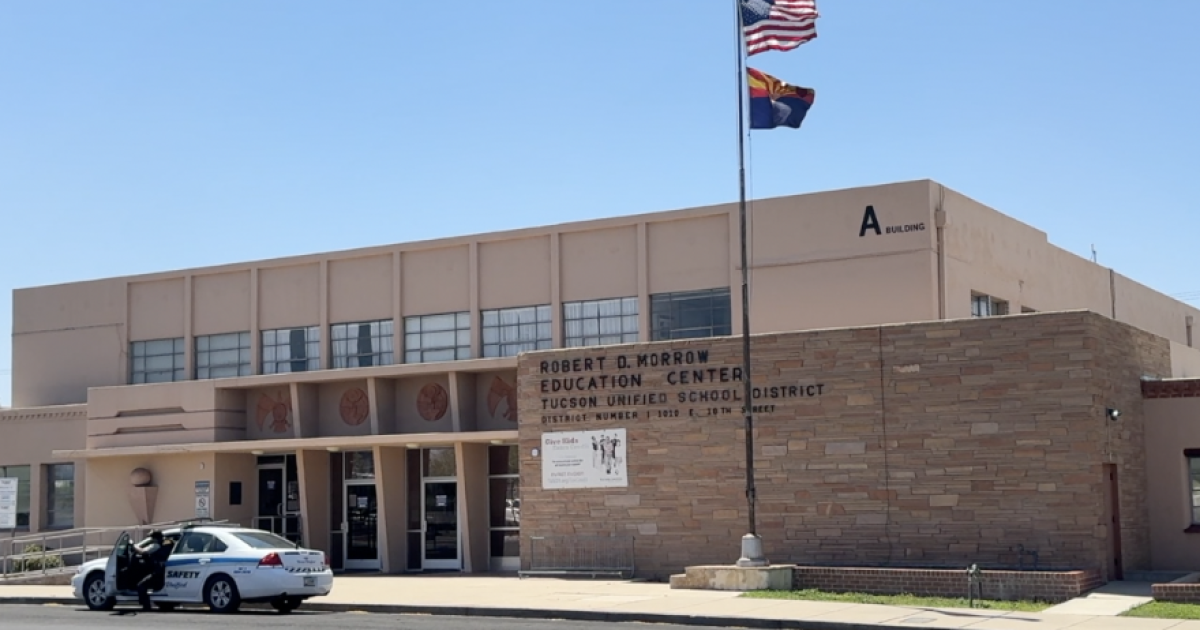Arizona is grappling with a significant teacher shortage that state officials have deemed catastrophic. A recent report from the Arizona Department of Education reveals that thousands of classrooms lack permanent teachers shortly after the school year began. This situation has prompted Tom Horne, the State Superintendent, to call on lawmakers to reauthorize Proposition 123, a funding initiative that previously enabled the state to allocate additional resources from the State Land Trust to bolster public education.
Proposition 123 expired in June 2025, which will result in a reduction of approximately $285 million to $300 million annually for K–12 funding. Since school budgets are established a year in advance, districts will begin to feel this financial strain starting in July 2026.
The impact of this shortage is being felt acutely in classrooms across Arizona. According to the state survey, 1,055 teachers have resigned since July 1, leaving around 4,200 teaching positions unfilled. Many of these classrooms are now staffed by long-term substitutes, while others depend on part-time teachers or even administrators stepping in to fulfill teaching roles.
Jim Bryne, the president of the Tucson Education Association, emphasized that the loss of experienced teachers negatively affects both educators and students. He stated, “Our working conditions are our students’ learning conditions, so as those things are connected we want what’s best for students. Usually, that’s also what’s best for our educators as well.”
In response to the teacher shortage, Horne highlighted that reinstating Proposition 123 could provide a pathway to increase teacher salaries, a critical factor in attracting and retaining educators. The Tucson Unified School District (TUSD) currently reports 47 vacant teaching positions, including part-time roles, along with 33 long-term substitute positions still available.
To address the shortage, TUSD has entered into an intergovernmental agreement with several universities, including the University of Arizona, Grand Canyon University, and Northern Arizona University. This collaboration aims to allow TUSD teachers to pursue their Master’s degrees at a reduced cost.
Additionally, the organization Tucson Values Teachers is providing financial support and resources to educators. They recently launched a new digital platform called Lumia, which is currently accessible to their district partners. This initiative seeks to support teachers in their professional development while addressing the ongoing challenges posed by the teacher shortage.
As Arizona navigates this critical situation, the urgency for effective solutions continues to grow, highlighting the vital role of educators in shaping the future of the state’s students.





































































